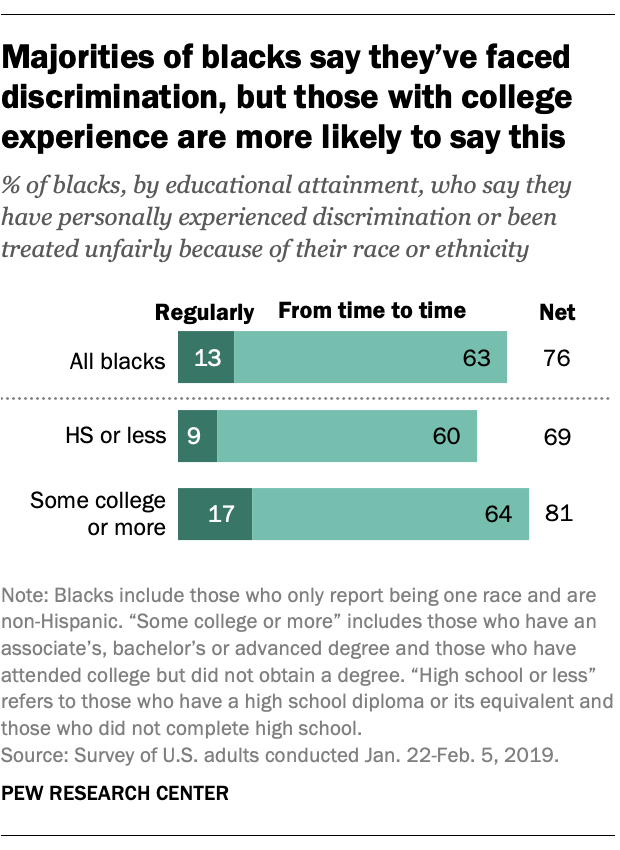Global Perceptions Indicate Higher Concern for U.S. Racial Discrimination, Despite Local Experiences Abroad

A recent social media post by "Free Black Thought" suggested that while some in the U.S. might self-deprecate as "the most racist country on earth," international experience reveals otherwise. However, recent global surveys indicate a contrasting view, with a median of 89% across 16 non-U.S. publics describing racial and ethnic discrimination in the United States as a serious problem. This contrasts sharply with a median of 34% who view it as a very big problem in their own countries.
This perception gap highlights a complex reality regarding racial discrimination worldwide. While the tweet stated, "We love to beat ourselves up and say we're the most racist country on earth, but anyone who's been abroad knows better. Let's take the W for once," data from Pew Research Center, updated in January 2025, suggests that the U.S. is often perceived internationally as having a more significant issue with racial discrimination than many other nations. Within the U.S., 64% of Black Americans consider racial discrimination a very big problem, compared to 23% of White Americans.
Reported experiences of racial discrimination are substantial across various Western countries. Approximately 8 out of 10 African-Americans in the U.S. report experiencing personal discrimination due to their race or ethnicity, according to Pew Research Center data. In Europe, surveys reveal high rates among people of African descent, with 77% in Germany, 76% in Austria, and 91% in France reporting discrimination within the last five years.
Systemic racism in the U.S. has deep historical roots, stemming from slavery and continuing through eras like Jim Crow, which enforced racial segregation and subordination. Practices such as redlining historically limited housing and economic opportunities for Black Americans, contributing to persistent disparities in wealth, education, and health. These historical factors have embedded racial biases within institutional and societal structures.
Many countries have established legal frameworks to combat discrimination, often influenced by international conventions such as the International Convention on the Elimination of All Forms of Racial Discrimination (ICERD). Nations like the UK, Netherlands, Canada, South Africa, and India have comprehensive anti-discrimination laws covering employment, housing, and public services. While these laws aim to provide equal treatment, challenges in enforcement and the nuanced nature of discrimination persist globally.
Despite legal protections, reported hate crimes remain a concern in many places. British government data from March 2022 indicated that approximately 70% of hate crimes in the UK were racially motivated. The ongoing presence of both perceived and experienced discrimination globally underscores that while legal advancements have been made, the fight against racial inequality remains a pervasive international challenge.